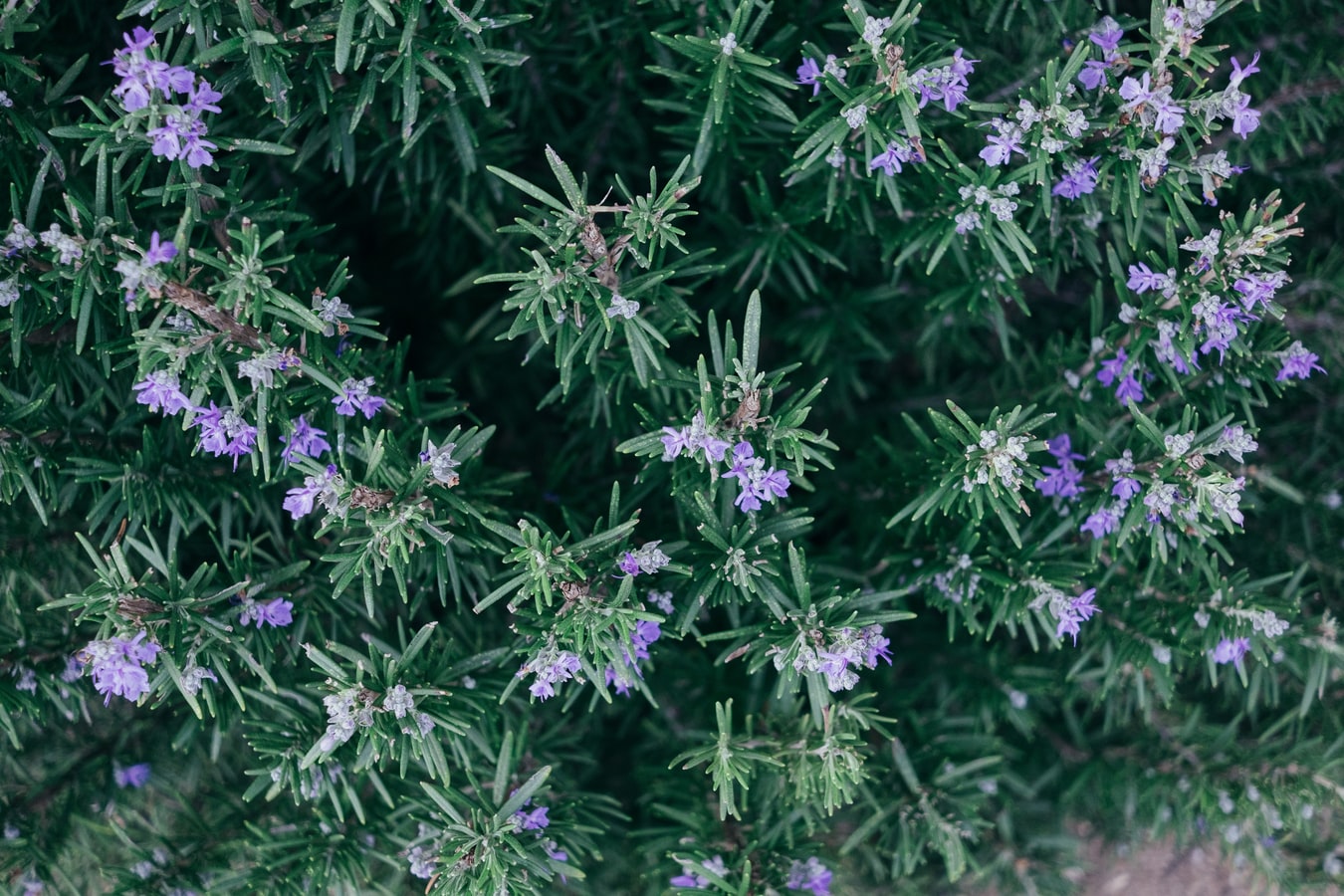Jan Millward shares her ideas for May, taking a simpler approach to activities this month, focusing on being in the garden to get plenty of fresh air and taking part in simple, individual activities.
We find ourselves in very trying times at the moment and everyone is under a lot of duress and stress both mentally and physically. I know of many activity coordinators who have had to go over to caring roles and some that have been told to stay at home. We can only do our best with what we have, and this month’s activities column will try and concentrate on the positives. I have tried to add in a few ideas for those of you who have the time to provide meaningful sessions for your residents.
As a side note, I hope all of you will also spare a thought for all your lovely care home entertainers, many of whom have been forced out of work. Some are still providing garden performances, which is a great way to keep spirits up, and worth investigating if you can, but either way, they will be eager to get back as soon as they can after this is all over. I am sure they will all have wonderful new routines and songs to bring some sunshine back into your homes.
~
DIG FOR VICTORY
Thank goodness for the lovely spring weather! Now is the time to get your residents out into the garden. Even if it’s wet you can do a lot of the planting inside on a table covered in old newspaper. Below I’ve shared some of the simplest planting projects for your care home garden. Encourage your residents to help and guide you. You don’t need a lot of space, a windowsill is enough for most of these ideas (apart from the potatoes!).

Peas
If you can’t get hold of any seeds, see if you can get a packet of dried marrowfat peas. (These are the sort you would soak in water to make mushy peas.) They will grow easily, and you can eat the shoots in salads. They are very tasty.
Potatoes
Often, at this time of year, you will find potatoes start to grow shoots in the bag and are then thrown away. If you have got a small area of garden, plant them instead. They may not yield as much as potatoes grown from seeds, but it is an interesting project that you don’t have to go outside to buy. You can try the same with sweet potatoes.
Dig a trench about 5 inches deep and plant the potatoes about a foot apart. They are susceptible to frost, so if one is forecast, cover them up at night once they start growing. They will need mounding up at the sides to stop any potatoes that grow turning green. I am sure you will have a resident who will make sure you do it properly!
Garlic
Garlic can be grown in the garden or in a pot from individual cloves.

Onion shoots
Place the base of an onion with the roots still on (leave about half an inch of onion) and put in a container full of water. Change the water regularly and you can use the green shoots in cooking, sandwiches or a salad.
Tomatoes
Collect some seeds from a tomato. Rinse them off and allow to dry, then plant in compost and watch them grow!
Marrows, melons and peppers
Do the same as with the tomato seeds, and grow your own plants. Remember, they need to be kept warm and frost will kill them.
Apples, oranges and lemons
Grow for the future by planting pips of apples and lemons.
HERBS
If you are lucky enough to have herbs growing in your care home garden, have a go at growing new plants. All these plants make wonderful little gifts to give to the whole care team who are doing such wonderful work at this time. Make some labels out of strips of plastic. Grow the smaller plants and seeds in recycled yoghurt pots.
Sage – You can grow a new sage plant by tying down a branch with a brick into the soil. The plant will grow roots where it touches the soil and when it is established you can cut it off the mother plant and grow it as a separate plant.
Rosemary – Rosemary will root from a cutting in a jar of water if kept in a warm place. It can then be potted on.
Mint – Mint will grow vigorously anywhere. Pull up a small root and plant it up in a small pot of compost.

MAKE YOUR OWN
Fertiliser – Ask the kitchen to collect used teabags. Get your residents to cut them open and use the tea leaves around the base of plants.
Slug repellent – The kitchen will have loads of old eggshells. Blast them in a hot oven for a few minutes to destroy any bacteria, then get your residents to crush them up using sticks or spoons. They make a great natural barrier around plants that slugs can’t climb over.
Propagators – Disposable shower caps make great propagators for your delicate seedlings. Simply stretch them out over your seedlings and you have created your own mini Eden project!
Watering cans – Recycle your old plastic milk bottles. Wash out thoroughly, use a hot needle or skewer to make lots of little holes in the lid to act like a sprinkler, and use as a mini watering can. Great for unsteady hands, and not as heavy!
Plant pots – Look around the kitchen. What containers can you adapt to grow plants in? Takeaway pots, yoghurt pots, teacups, buckets, boxes?




